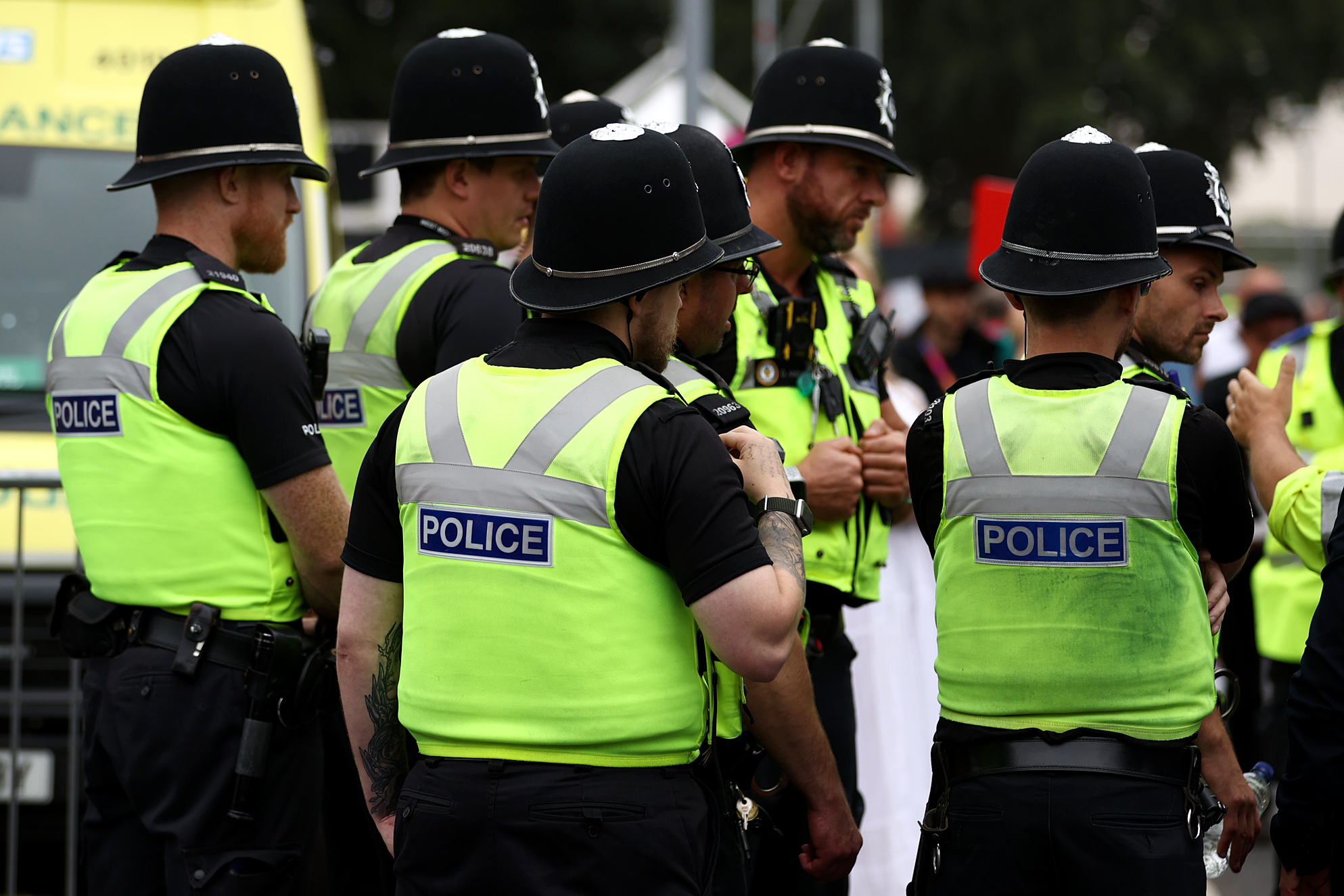‘Basic errors’ and low charge rates: understanding the crisis in British policing
New report has found that only 6.6% of robberies and 4.2% of thefts result in charges

A free daily email with the biggest news stories of the day – and the best features from TheWeek.com
You are now subscribed
Your newsletter sign-up was successful
It’s clear that “something has gone seriously awry” with British policing, said The Times. Barely a week passes without some “new scandal”. The Metropolitan Police and five other forces are currently in “special measures”. Now a report by Andy Cooke, HM Inspector of Constabulary, has found that only 6.6% of robberies and 4.2% of thefts in England and Wales result in charges.
Cooke reveals that, in seven out of ten such cases, “basic errors” are made. Police are frequently failing to gather CCTV evidence or to advise victims on how to preserve a crime scene. In many cases, they don’t even visit burgled homes, or keep victims informed about cases. When it comes to other forms of crime, the situation is even worse: only 1.3% of rapes lead to charges; in some areas, 60% of all cases are closed without a suspect ever being identified.
Why have things got so bad?
There’s no doubt that austerity hit policing badly: nearly 13% of police jobs were cut. But the problems “extend far beyond staffing issues”. In many cases, the police are simply not doing their jobs.
The Week
Escape your echo chamber. Get the facts behind the news, plus analysis from multiple perspectives.

Sign up for The Week's Free Newsletters
From our morning news briefing to a weekly Good News Newsletter, get the best of The Week delivered directly to your inbox.
From our morning news briefing to a weekly Good News Newsletter, get the best of The Week delivered directly to your inbox.
It’s no surprise that clear-up rates are so dismal, said Zoe Strimpel in The Sunday Telegraph. Police are much too busy chasing and recording things which aren’t officially crimes at all: each year, 10,000 “non-crime hate incidents” are logged. These are interactions which seem to “the reporting person or any other person” to be motivated by “hostility and prejudice”, but aren’t actually crimes. One recent case, in Wiltshire, involved an 11-year-old boy who called another boy “shorty”.
The free speech campaigner Harry Miller was arrested by Hampshire police for causing “anxiety” by sharing an image of rainbow flags rearranged into a swastika to make a political point, said Hardeep Singh on CapX. As Hampshire’s crime commissioner Donna Jones rightly pointed out, this is quite absurd, when burglaries often don’t receive a police response.
Model of policing is ‘flawed’
The problems run deeper than excessive political correctness, said The Guardian: the whole model of policing today is “flawed”. “Community policing” has widely been abandoned. Before austerity, police were rooted in their local areas, seeking public support for preventative and investigative work.
Now they tend to be largely reactive, responding “too often in cars and sometimes unnecessarily mob-handed”. The recently opened Commons inquiry into “policing priorities” couldn’t be more timely. Cooke’s report makes it clear that too many police “are spending their time doing the wrong things, or are not very good at their job, or both”.
A free daily email with the biggest news stories of the day – and the best features from TheWeek.com